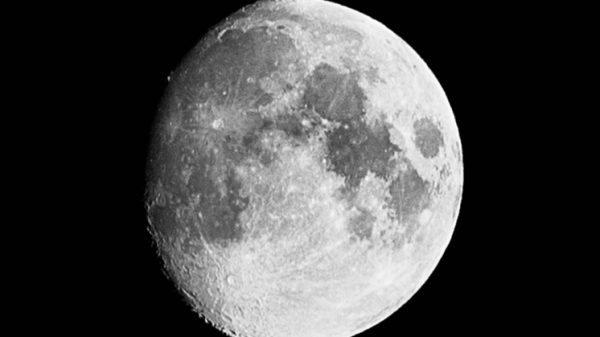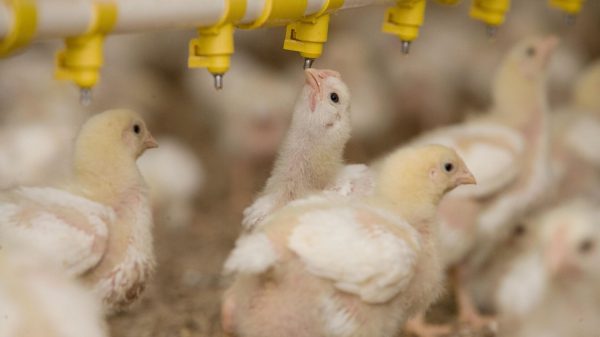 Rishi Sunak with Polish Prime Minister Donald Tusk and NATO Secretary General Jens Stoltenberg in Poland Photo: Alexandra Szmigiel/Reuters
Rishi Sunak with Polish Prime Minister Donald Tusk and NATO Secretary General Jens Stoltenberg in Poland Photo: Alexandra Szmigiel/Reuters
At Downing Street said the announcement set a «new standard» for other European countries. If all NATO countries increased their spending to 2.5 percent, the alliance's collective budget would increase by more than £140 billion a year.
Chancellor Jeremy Hunt said the move was made possible by an «improving economy» and represented the UK's «commitment to peace and security in Europe.» He said: «It also sends the clearest signal to Putin that, as long as other European NATO countries fulfill this commitment, and they will, he will never be able to surpass countries that believe in freedom and democracy.”
The increase in spending will be directly financed by plans to reduce the number of civil servants to pre-Brexit levels. Downing Street said cutting Whitehall's workforce by 70,000 officials by 2028-29 would save £2.9 billion, covering two-thirds of the £4.5 billion increase.
Ministers said , with the remaining £1.6 billion coming from research and development funds.
The Prime Minister has been facing pressure for months from Tory MPs, including Defense Secretary Grant Shapps, to increase military spending to help counter the threat on the Russian side.
Last month, Mr Shapps called for spending to be increased to three per cent of GDP, saying: “I believe this world is a more dangerous place.”
Last week senior Conservatives called on the government to invest in a new Iron Dome air defense system to protect the UK from future missile attacks.
On Tuesday, the Prime Minister announced he was appointing General Gwyn Jenkins, Deputy Chief of the Defense Staff, as his new national security adviser. General Jenkins will be the first person with a military background to hold the job, and will replace Sir Tim Barrow, a diplomat who is set to become ambassador to the US.
Last month, Mr Sunak received calls from three former Tory defense ministers to promise increase defense spending to three percent of GDP in his party's election manifesto. It comes after no new money was allocated to the Ministry of Defense budget despite the dangerous situation in Ukraine.
Sir Michael Fallon, Sir Gavin Williamson and Ben Wallace, who together led the Ministry of Defense for nearly a decade years argued that the promise of three percent spending is important for the Armed Forces.






















































Свежие комментарии